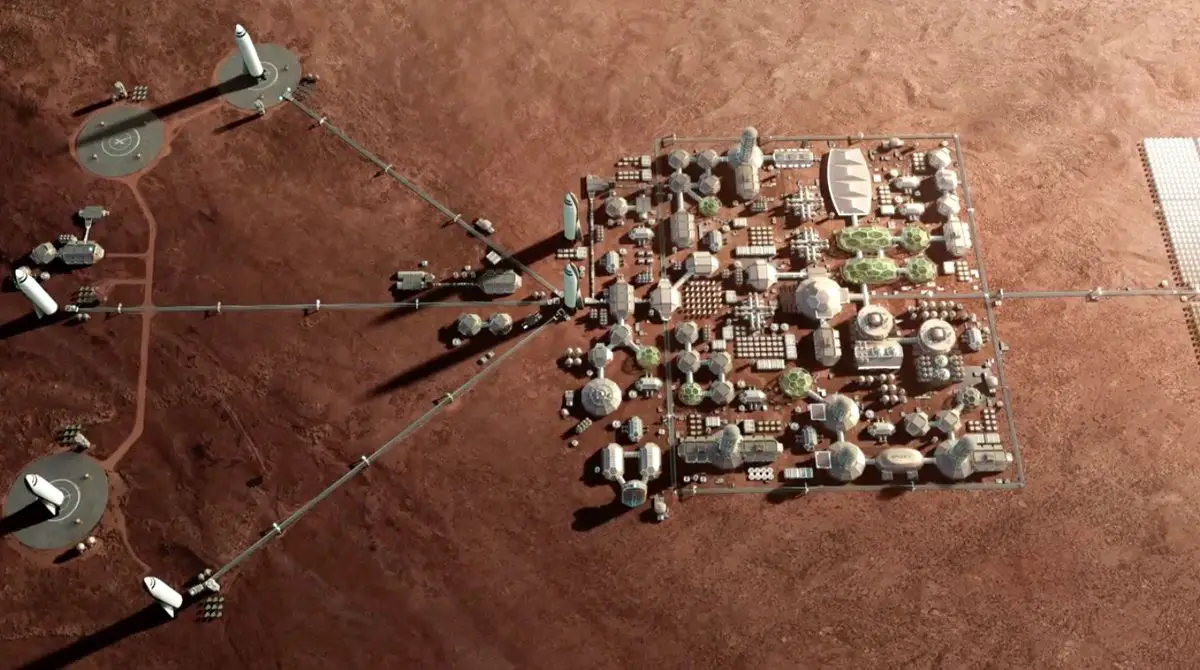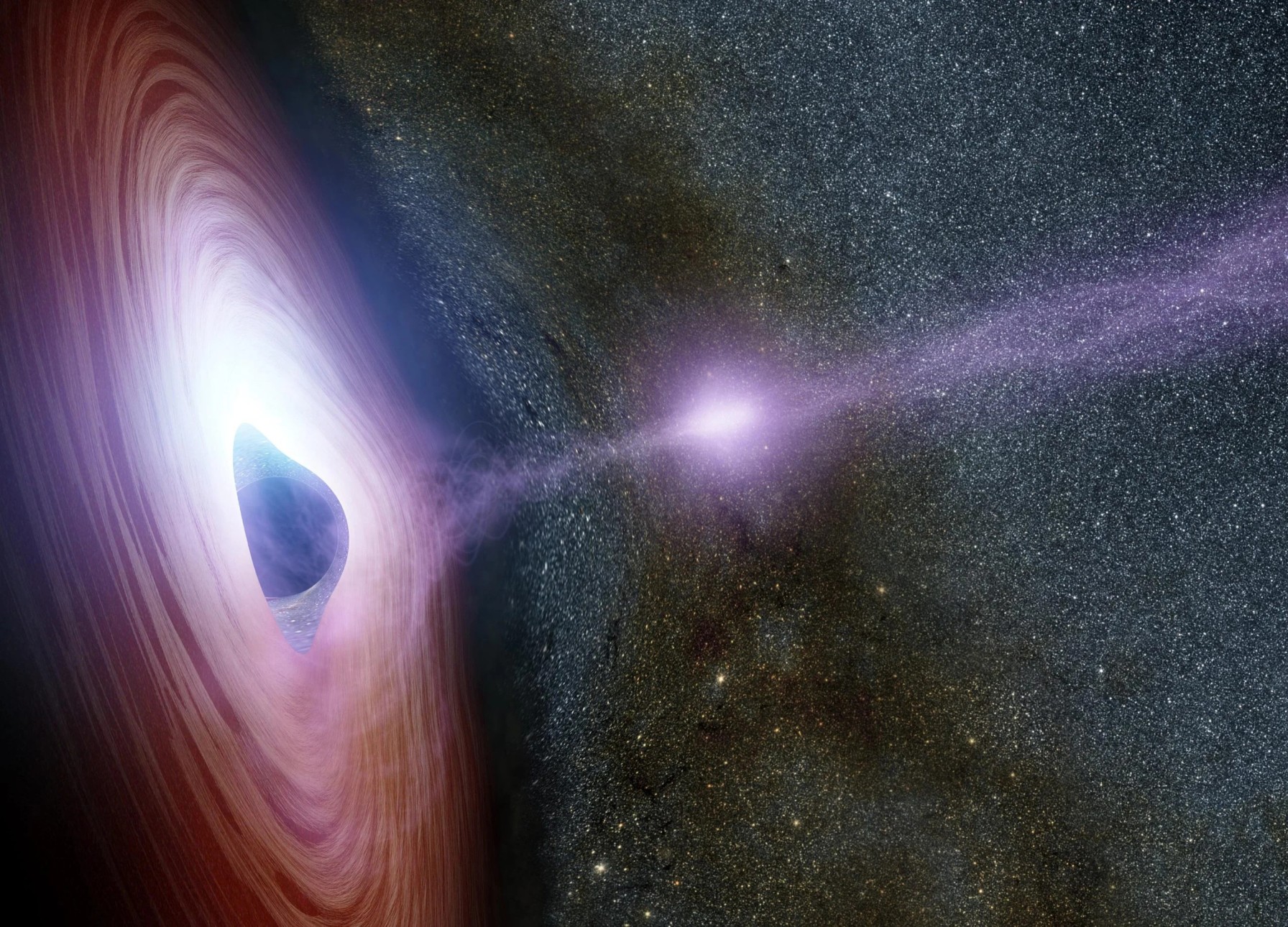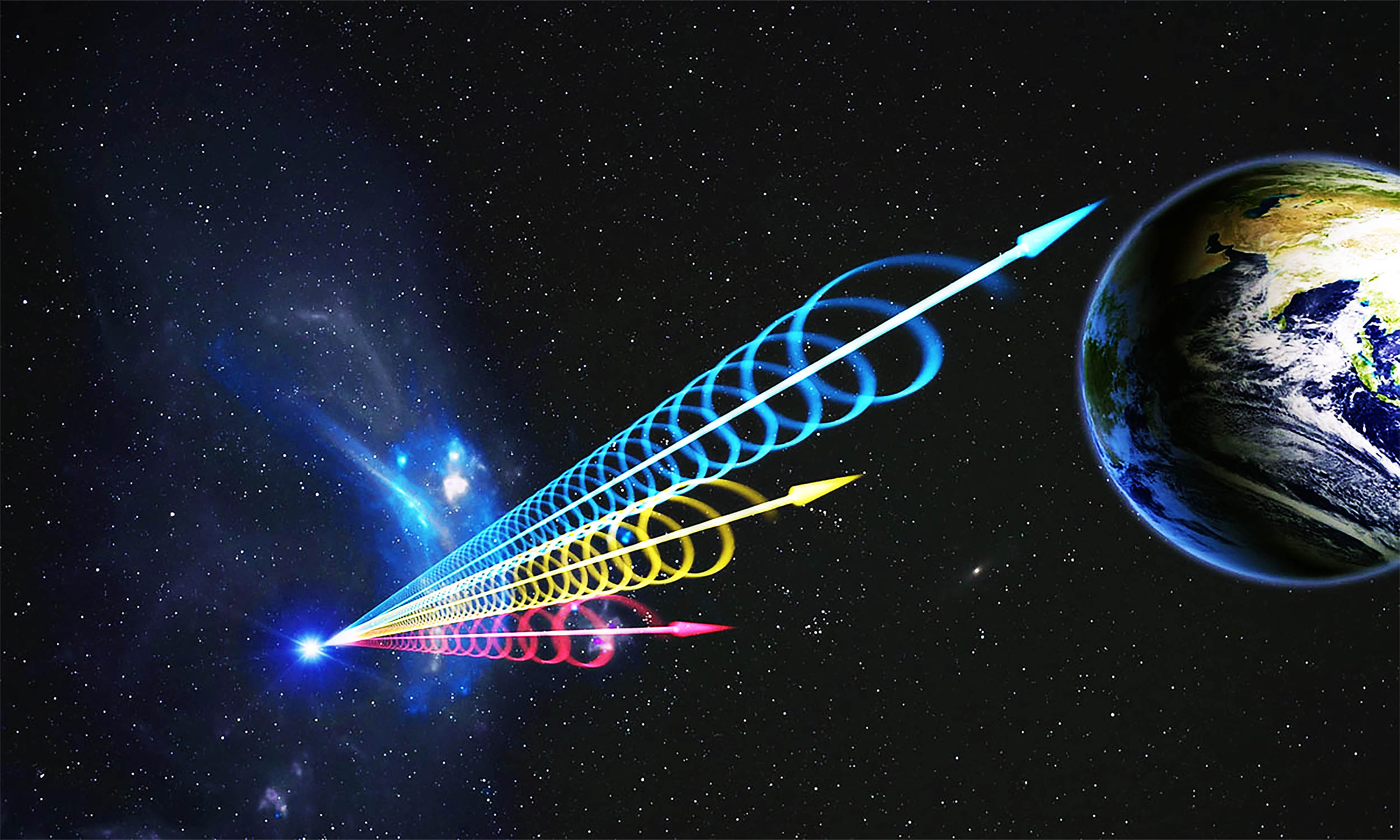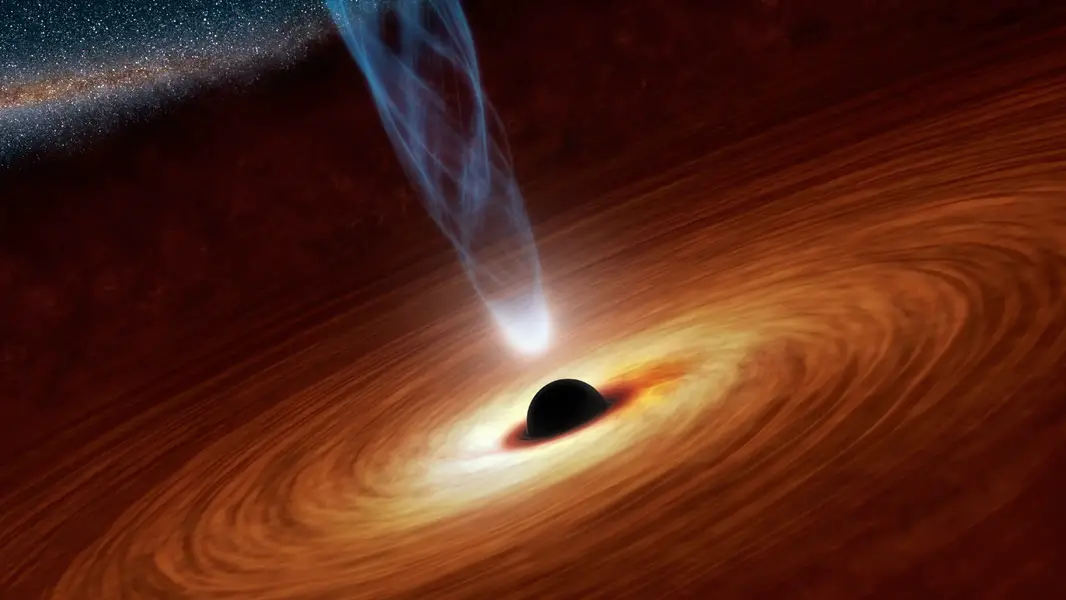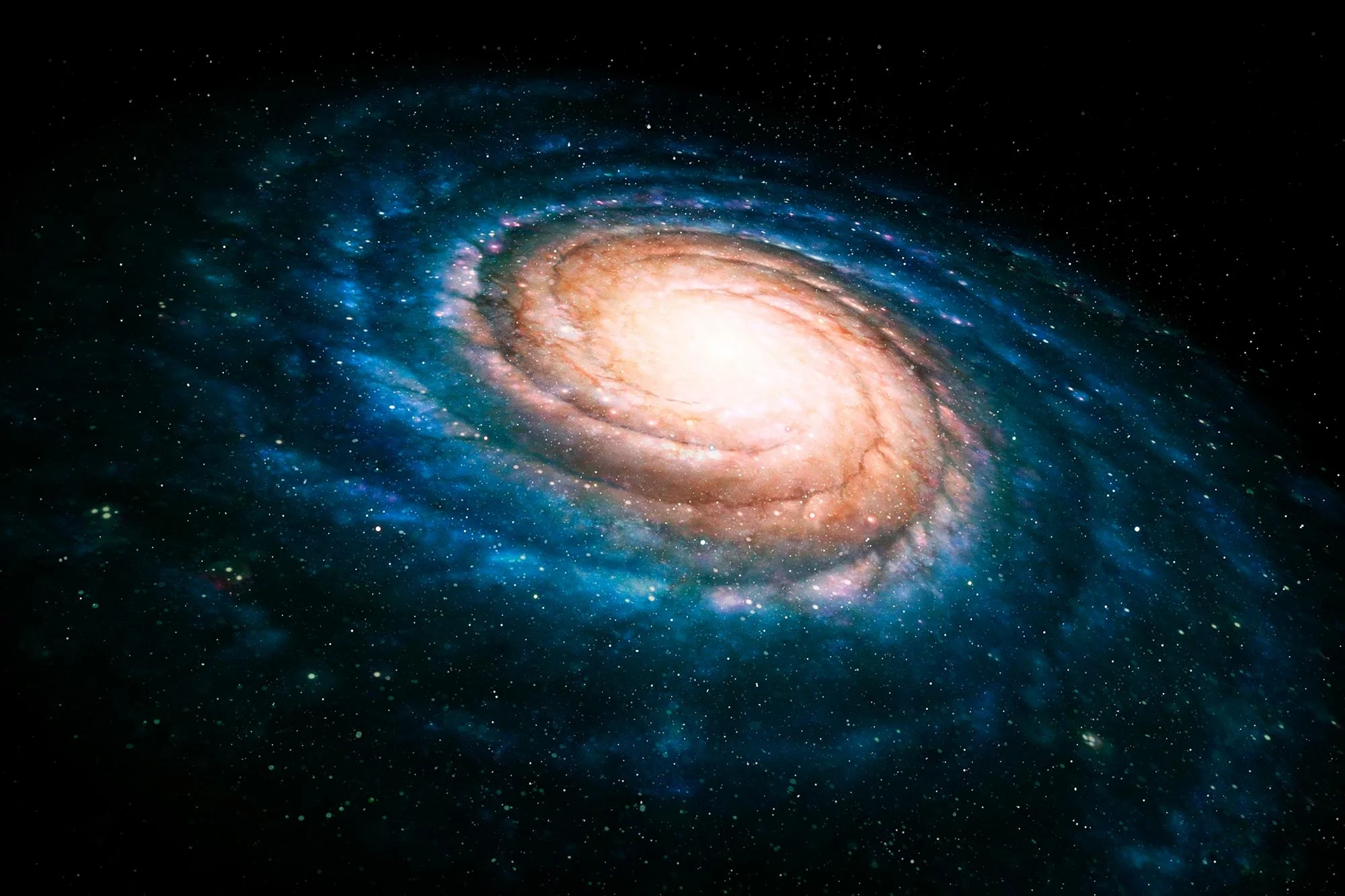Martian farming could include algae, lab-grown meats, and insect-based proteins for sustainability.
Key Takeaways
- Scientists suggest we could support a million-person colony on Mars with local food production.
- A self-sustaining Martian settlement could rely entirely on locally grown food in 100 years.
- Efficient use of space would favor nutrient-dense crops, edible insects, and lab-grown proteins.
- Building pressurized, heated farming spaces on Mars is key to making food production feasible.
- Innovations for Mars farming could inspire more sustainable food systems on Earth.
__________
A study published in New Space explores the feasibility of feeding a million people living in a Mars colony without relying on supplies from Earth. Kevin Cannon, a planetary scientist from the University of Central Florida, led the study, which modeled the food production needs for a population reaching one million over a century through immigration and reproduction.
Cannon’s team concluded that while initial reliance on imported food is inevitable, Martian settlers could transition to complete local food production in about 100 years. The challenge lies in creating suitable farming environments and optimizing space efficiency, which is critical in Mars’s harsh conditions.
Farming in Extreme Conditions
On Earth, arable land is naturally available, but on Mars, farming requires constructing enclosed, pressurized, and heated structures to grow food. This makes the efficient use of space essential. Cannon’s team identified three primary categories of Martian food sources: plant-based foods, edible insects, and cellular agriculture.
Plant-based foods like potatoes, beans, and tomatoes could form a significant portion of the Martian diet, with genetically modified (GMO) crops playing a role in enhancing nutrition and sustainability. Insects, such as crickets, offer a highly efficient protein source, already used in sustainable food production on Earth. Additionally, cellular agriculture—lab-grown meat, dairy, and eggs—provides a scalable solution to protein needs with minimal space requirements.
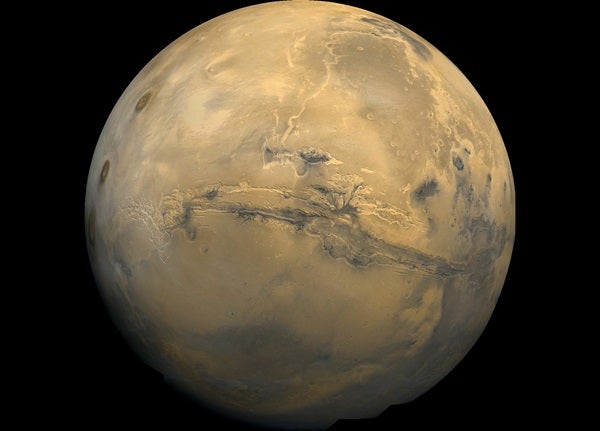
Sustainable Solutions for Earth and Mars
Cannon’s research highlights the broader implications of Martian agriculture for Earth. Practices developed for efficient food production on Mars could improve sustainability on Earth, addressing resource challenges. Companies currently developing insect-based products, algae cultivation, and lab-grown proteins for Earth could find applications for their innovations in space exploration.
This approach aligns with SpaceX’s vision for Mars colonization, emphasizing the importance of not only transporting humans to the Red Planet but also creating a self-reliant society capable of thriving independently. As Cannon puts it, the ultimate goal is to “produce everything you need from the local materials on Mars.”
With a combination of innovative technologies and sustainable practices, the dream of feeding a million people on Mars within a century appears within reach. This research inspires optimism for creating a thriving, self-sufficient Martian society while advancing sustainable solutions for life on Earth.
